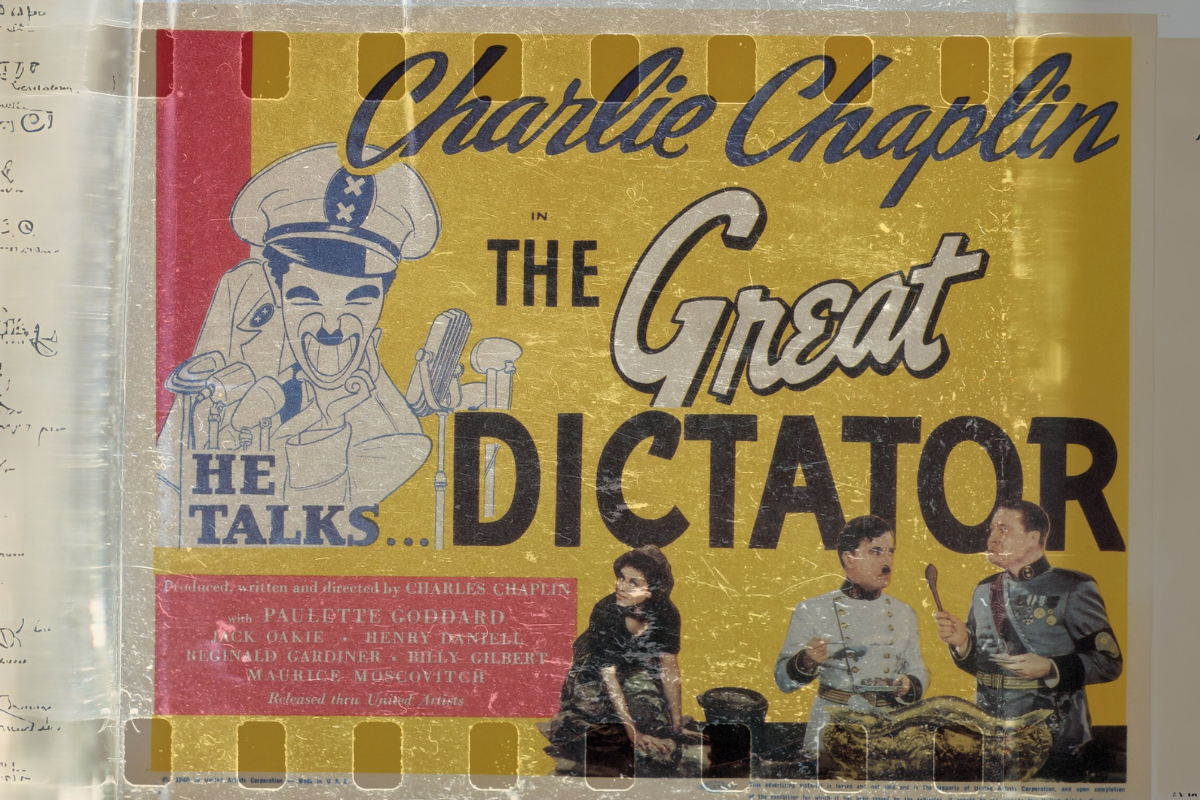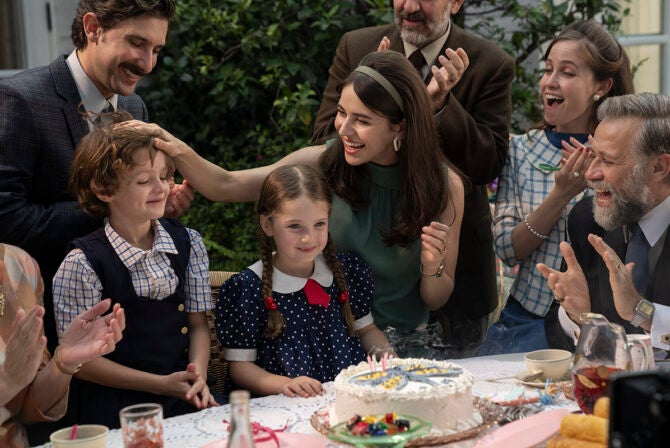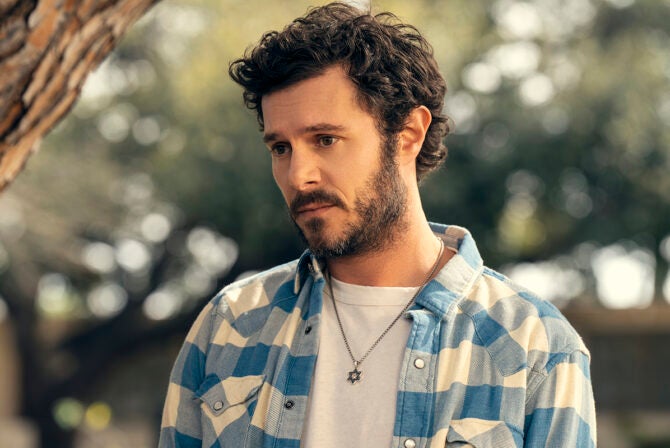I have always been fascinated by Charlie Chaplin, from his wiggly walk and funny expressions to the interesting backstory of this complex man. One of the biggest silent movie stars in the 1920s who transitioned into the “talkies,” his story is quite extraordinary.
Determined to move with the times after being one of the world’s biggest silent movie stars, his first “full talkie” film, “The Great Dictator,” was released in 1940, during World War II, when supposedly the world did not know what was happening to Jews across Europe. It was a parody about the evil Adenoid Hynkle (based on Adolf Hitler), the dictator of the fake country Tomania who despised the Jews, along with his accomplice Dictator of Bacteria, based on Mussolini. Together they want to take over the world and, like the actual Nazi party, manage to convince civilization of the evil ways of the Jews, sending them to concentration camps and even at one point discussing their excitement at discovering the benefits of using gas.
Not a particularly funny story, I hear you say, but Chaplin’s comical genius gave him a voice to speak up against the Nazi party and try and tell the world of the evils of Hitler by using the medium he knew best.
At the time of writing the movie in 1937 and 1938, Hitler was seen by many as a hero who had revived the German economy and was still an ally of America. Advised against making the film, Chaplin stuck to his guns and continued regardless, even going as far as to finance the film himself, as he saw the importance of speaking out and warning the world of what he believed was to come.
Watching in retrospect, it’s easy for us to see now how the film is a parody of an evil regime, but it was created and aired at a time when the Nazis were at their peak of popularity and power. This demonstrates the visionary that Chaplin was in predicting what Hitler was about to do and the courage that he had to continue making the film. Speaking in a comical gibberish mimicking Adolf Hitler’s language and gestures, Chaplin can mimic an extremely serious subject and get away with it to the masses.
It was not long after its release that Chaplin and his films were banned, and he was exposed by the American press to be donating millions of dollars to Jewish causes and helping to rescue European Jews to flee. Chaplin was once quoted as saying, “I am not Jewish and nor have I ever claimed to be. However, I never protested when someone said I was as I would be proud to be one.”
Amidst a cloud of gloom which we are exposed to daily in 2023, we rejoice when we see any non-Jewish celebrity stand up and decry Hamas’ attack against Israel and the Jewish people, much in the same way that Chaplin did at the time. Chaplin stood by his convictions to what was right and wrong and made a stand at a time when no one else did.
In “The Great Dictator,” Chaplin doesn’t only play Adenoid Hynkle but a humble Jewish barber as well. In a case of mistaken identity, after escaping a concentration camp in a stolen guard’s uniform, the Jewish barber is forced to give a speech for the first time in his life. What results is the film’s climax, with a monologue that has been praised as one of the most significant of the 20th century.
Standing up on a stage, the Jewish barber, pretending to be Hynkle, addresses thousands of supporters and Nazi generals when the camera draws in on him alone. He declares that he has had a change of heart and calls for brotherhood and goodwill, saying, “Soldiers! In the name of democracy, let us all unite!” The camera focuses on only Chaplin’s face and the viewer gets the sense that these are Chaplin’s words, from his own heart. It was totally revolutionary at the time to use entertainment to make such a radical speech.
He refers to the advances of technology and the radio, how extraordinary it is to be able to reach millions of people, but how also, in the wrong hands, with the voice of evil and manipulation these technical advances incite hate. “We have developed speed, but we have shut ourselves in. Machinery that gives abundance has left us in want.” We see in our own society with advancements of social media and even the early stages of AI how much damage can be done — with manipulated images and misinformation and propaganda spread all too quickly.
“We think too much and feel too little,” Chaplin goes on to say. We could just as easily be discussing how the conversations surrounding the Hamas attack on Israel and the ensuing war seems to brush over the fact that there are real human lives at stake amidst all this conflict.
“Let us fight to free the world — to do away with national barriers, to do away with greed, with hate and intolerance,” he orates. “Let us fight for a world of reason, a world where science and progress will lead to all men’s happiness.”
Like so many, I grew up with the phrase “Never Again” being drilled into me. Never did I believe that in 2023, we would be facing so many of the same issues that our grandparents faced in the 1930s. However, I am also grateful to those non-Jews who are using our amazing technological advancements such as social media to stand up for our people. I am so grateful to Charlie Chaplin who had the courage and conviction nearly 80 years ago to stand up and fight for what was right.
While we are dealing with a different political climate in different times, there is so much still relevant today in what Chaplin speaks about in 1939. He goes against the grain of the rest of the world. He encourages the normal man to “feel with their hearts” and to “do away with greed and intolerance” and “fight for a world of reason, a world where science and progress will lead to all men’s happiness.” Thank you, Charlie Chaplin, for paving the way.








